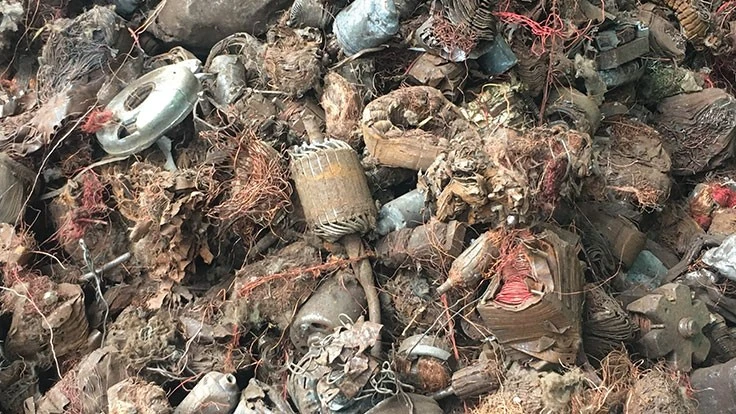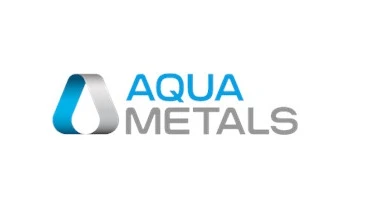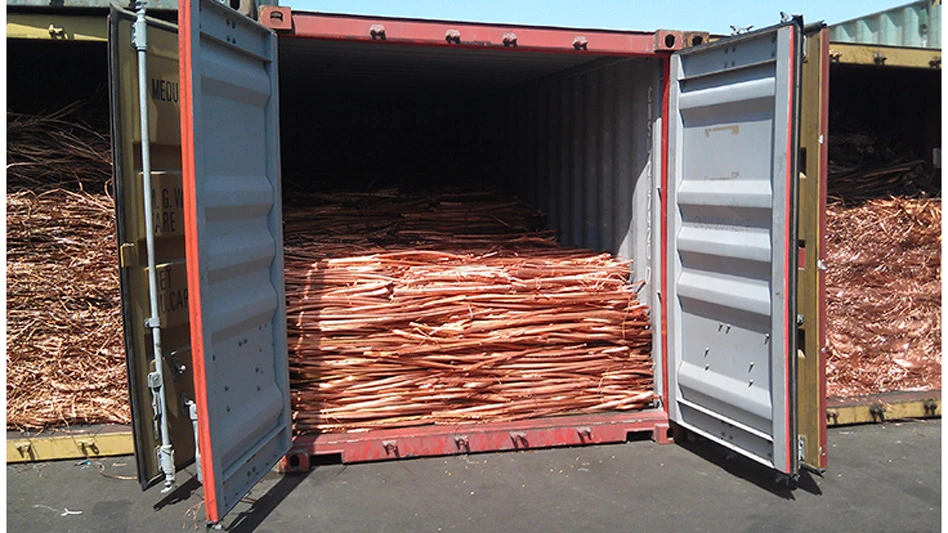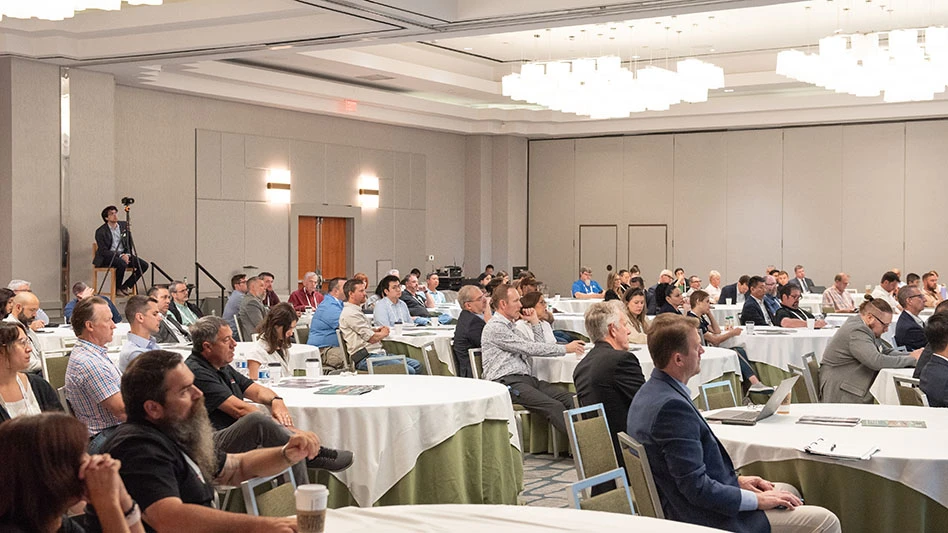

The 20th century split between iron and steel scrap yards and nonferrous scrap recycling specialists continues to seem more distant, despite the turmoil in mixed nonferrous shredded grade markets caused by China’s self-imposed blockade.
Each of the 10 largest companies listed in Recycling Today’s updated list of North America’s Largest Nonferrous Scrap Processors operates shredding plants, with these yards drawing in ferrous and nonferrous material from networks of smaller facilities.
Our list is based on figures of nonferrous processing volumes in 2018 provided by 16 of these companies. Four companies are listed that did not provide 2018 figures to Recycling Today, but they were ranked based on previously submitted figures and recently published reports or publicity materials.
Most of the companies listed have shredding capacity as a shared trait, and each of them can be considered dominant players in their respective market regions.
Millions of pounds
Companies supplying information to us did so
In characterizing them generally, however, each of these 20 firms handled 100 million pounds (50,000 tons) or more of nonferrous material annually. Nearly all the top 10 firms, meanwhile, have made it beyond the threshold of 500 million pounds (250,000 tons) per year.

By no means are shredding plants doing all the work. While the five largest companies operate many such plants, they also buy and sell nonferrous grades that powered the sector long before the first auto shredder was installed, such as radiators, plumbing fixtures
A few firms, such as Michigan-based Schupan & Sons and Universal Scrap Metals in Chicago, have a presence on the list without having installed any auto shredding capacity. Connecticut-based Prime Materials Recovery, No. 12 on the list, has built its empire focusing on wire and cable processing.
Prime Materials moved up two slots on the list from 2017 to 2019, almost certainly helped by the need for American scrap processors to keep wire and cable onshore for additional processing following the Chinese government’s restrictions.
This edition of the list also demonstrates that though shredders were initially installed to process iron and steel found in auto hulks, they now serve as magnets (ironically) for the nonferrous scrap in end-of-life vehicles and appliances.
The company
Mapping a strategy
The geography of our list does not offer an abundance of surprises in that most regions of the country are represented by at least one company on the list. No one company, however, covers the entire map.

Veteran scrap recyclers offer several reasons why spreading a management team too far and wide can cause more harm than good. Scrap buying remains a relationship business, and it can also require attentive oversight to fend off questionable (potentially illegal) practices.
Thus, even the largest firms on our list tend to focus on a dominant presence in just a few regional markets.
Companies such as Sims Metal Management and David J. Joseph Co. (DJJ, a subsidiary of Charlotte, North Carolina-based steelmaker Nucor Corp.) might have deep enough pockets to open a yard in any metropolitan area, but that doesn’t make it a sound strategy.
DJJ has created several subsidiaries with their own brands and operating regions. Its six metal recycling subsidiaries operate as far west as Utah and as far east as Florida’s Atlantic Coast.
New York-based Sims and OmniSource (a subsidiary of Steel Dynamics Inc., both based in Indiana) largely follow a similar pattern.
OmniSource has a considerable presence in its home state and the bordering states of Ohio and Michigan. The rest of its facilities are not in adjacent states but
Sims has a more dispersed presence, which could be a legacy of its creation and original buying spree in the 1990s. Its website lists more than 120 U.S. yards, but more than half are SA Recycling locations, in which Sims is a joint venture partner. Traditional Sims regions include New York City and northern New Jersey, Chicago and the San Francisco Bay area.
SA Recycling dominates in Southern California, Arizona
Acquisitions within the industry have played a minor role in the changes to this edition of our list, with some also pointing to geographic concentration tactics.
Changes in nameplates
In the two years since this list last appeared (in the April 2017 edition of Recycling Today), no mergers took place among large scrap processing firms that have caused a 2017 listed firm to disappear.
SA Recycling has been among the more ambitious acquiring firms this decade, having purchased Georgia-based Newell Recycling Southeast in 2014 and Decatur, Alabama-based Tennessee Valley Recycling in 2017. Each of those firms operated several facilities, including auto shredding plants.
Sponsored Content
Still relying on manual sorters?
Let AI do the heavy lifting. Waste Robotics delivers reliable, high-performance robots tailored for complex waste streams. They require minimal maintenance, are easy to operate, and are designed to boost your recovery rates. Smarter sorting starts with the right partner. Waste Expo Booth #1969 & REMA #2843
Click here to see our robots in action!St. Louis-based Alter Trading Corp. (profiled in this issue) also has been active.
A few firms, such as Michigan-based Schupan & Sons and Universal Scrap Metals in Chicago, have a presence on the list without having installed any auto shredding capacity.
Three months later, Alter exited another part of the South by selling its Mobile, Alabama, shredder yard and another facility in Mississippi to SA Recycling.
In the Northeast, Upstate Shredding has increased its shredding capacity beyond its shredder in Owego, New York.
Upstate Shredding–Weitsman Recycling now also operates a shredder in New Castle, Pennsylvania, and is installing a shredding plant in Albany, New York.
Acquisitions and shredder installations gain the attention of the wider scrap market, but the daily activity of buying material from industrial accounts and across scales at yards large and small will continue to determine which firms secure a spot on our North America’s Largest Nonferrous Scrap Processors List.
The business owners and managers of the companies on this list likely would agree that the volumes are impressive, but their margins are what will allow them to remain on this list in the future.
Get curated news on YOUR industry.
Enter your email to receive our newsletters.

Explore the March 2019 Issue
Check out more from this issue and find your next story to read.
Latest from Recycling Today
- APR, RecyClass release partnership progress report
- Clearpoint Recycling, Enviroo sign PET supply contract
- Invista expanding ISCC Plus certification program
- Redwood partnership targets recycling of medium-format batteries
- Enfinite forms Hazardous & Specialty Waste Management Council
- Combined DRS, EPR legislation introduced in Rhode Island
- Eureka Recycling starts up newly upgraded MRF
- Reconomy Close the Gap campaign highlights need for circularity









